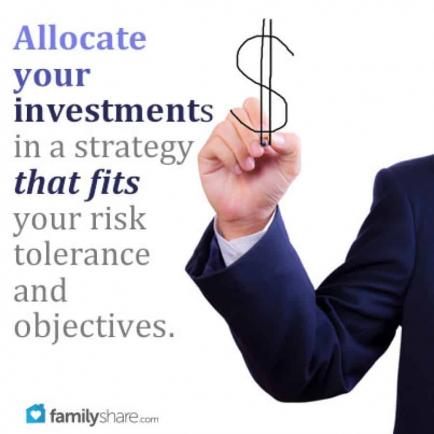
Finding someone you can trust in any field can be a challenge. Think about the person who does your hair; how long have you been going to the same person? What would happen if she suddenly left town? You want to have an even higher level of trust and confidence in a financial advisor.
Here are some tips to help you find someone you trust:
There are lots of different types of financial advisors - you'll need more than one
You may already have an insurance agent for property and casualty, a separate agent for life insurance, an accountant who prepares your tax return, a stock broker who helps with your investments.
Check for self-interested responses
Ask all of your financial advisors a basic question, like, how much should I be saving every month for retirement. An advisor you shouldn't trust will suggest investing with her before finding out how much you are contributing to your 401k and whether you could contribute more. An advisor you can trust, will first find out how much you are investing in your 401k each month, how much you have invested and how much your employer will match if you contribute more. Never invest with someone who doesn't encourage you to invest first in your 401k.
Compare answers among team members
It is reasonable to solicit opinions on any financial subject from all of your advisors. Ask your accountant how much life insurance you need. She has relevant experience and training to give you feedback. Compare that to the answer you might get from your life insurance agent. If they both give you similar answers, that should reassure you. If they are completely different, keep asking until you determine the right answer for you-and which advisors gave the best and worst responses.
Ask friends for referrals
Ask friends, especially those whose situations are similar to yours, to introduce you to advisors they trust. Ask why they trust their advisors. Ask them to compare them to other advisors they've had that they didn't trust.
Beware of high fees
Much of the advice you really need should be low cost or available at virtually no charge. If you have an account with a large, discount brokerage like Schwab, Fidelity or TD Ameritrade, you can visit with an advisor in the office at no charge. They won't do a whole financial plan for your, but they will help you allocate your investments in a strategy that fits your risk tolerance and objectives. Your tax accountant can give you a lot of financial advice after completing your tax return and may be willing to offer the advice for free - or cheap - after preparing your return - for a fair fee.
Your employer can help
If your employer offers a 401k, and most do, you should be able to ask to see or speak with a financial advisor who can help you figure out how much to be saving for retirement and how to allocate your investments within the 401k - all at no charge. Be cautious about offers to manage the rest of your money for a fee. Focus on what she can and should do for you as a 401k participant for free.
As you can see, there is help all around you. Seeking out unbiased help can be a big help. Most financial advisors make money by having more of your money under management. Generally, you can get all the help you really need from the big, discount brokers without paying high fees. Your CPA can be an excellent judge of proposals that you don't fully understand. Don't ever invest a large amount of money without talking to someone knowledgeable about money who won't make a commission or fee from your doing so. By following these basic steps, you can get affordable, independent and reliable financial advice.

